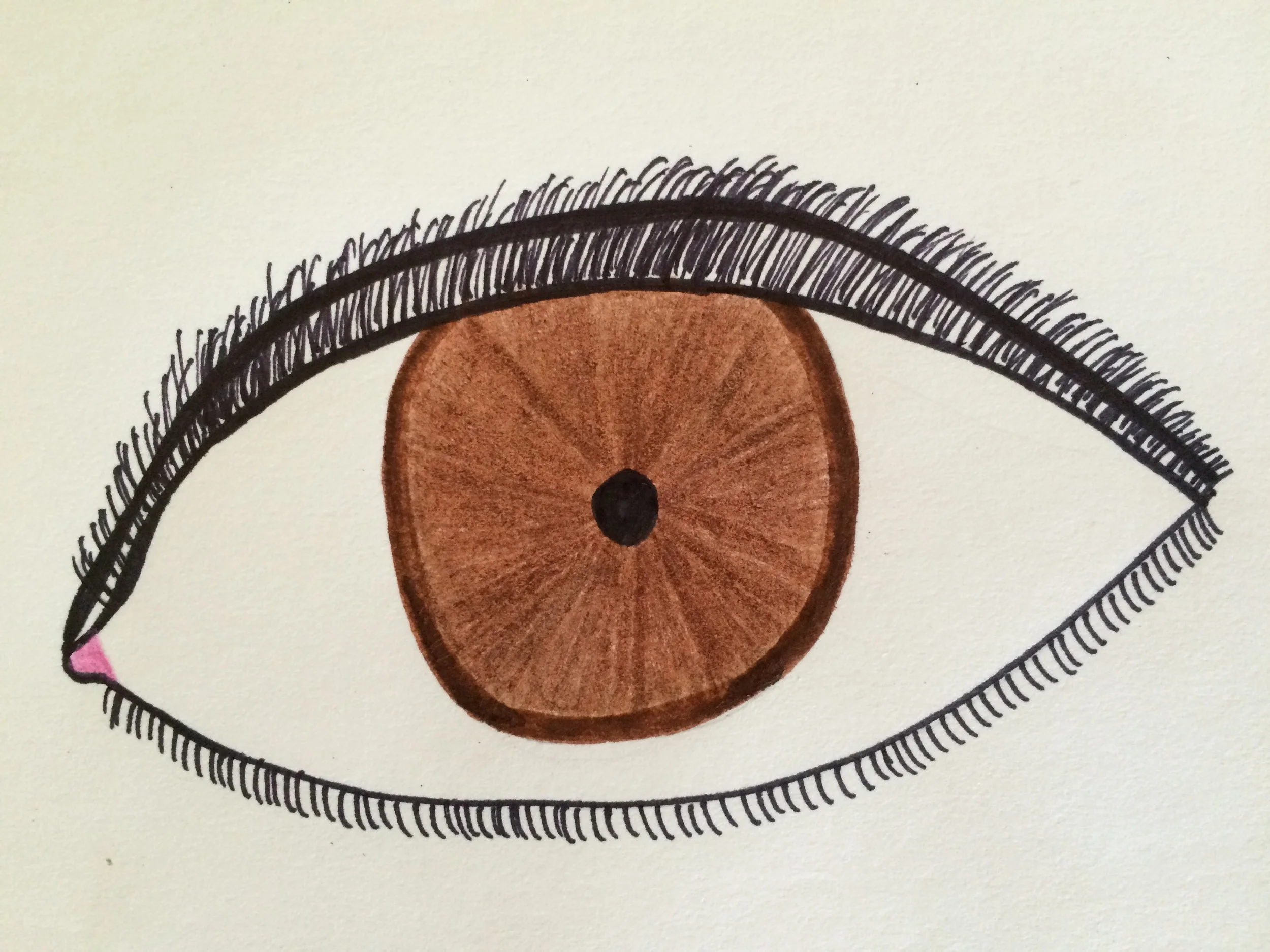Since getting into the business of teaching people what mindfulness is about and using mindfulness techniques to help my clients, I have become much more intrigued by the sense of sight. You see (no pun intended), one of the ways to be mindful is to have focused attention on one thing and when we focus, we mostly use our brain and our eyes.
The eyes have been called the window to the soul. Lately, I have been thinking about how our eyes should be called the guardians of the mind because what we choose to look at and pay attention to determines much of what we think about. For instance, if I am surrounded by the ocean, beautiful mountains, and lush green, then chances are that my mind is going to be in a more relaxed state, but if I spend most of my time watching horror films where there is a lot of violence, then my mind will more than likely go to darker places causing me to feel more on edge, afraid or even paranoid.
There is something to be said for all of the technology that our eyes spend a large percentage of our time focusing on these days. Studies show that the use of screens cause people to blink less, strain their focus, and even hold their breath longer. One suggested solution has been termed the three B's approach: Blink, breathe, and break. This is to help you become more conscious of blinking more often, taking deep breaths, and breaking away from the intense concentration to reduce eye strain and improve overall health.
Now imagine being a person that cannot see. Who are the guardians of their mind?
During a yoga class a few weeks ago, my teacher told us about a new iPhone app called Be My Eyes. It's an app that connects the blind with volunteer helpers from around the world via live video chat. When this was brought to my attention, the first thing I thought was that blind people practice mindfulness each and everyday and not necessarily by choice, but more as a means for survival. They use the other senses we have that most of us with eyesight take for granted- smell, hear, taste, touch, and the ones I like to add- extrasensory perception (esp) and intuition.
For those of us who do have all of our senses and are reading this now, be mindful of the ways in which you can begin to access all of the senses at any point in time to help you feel more connected to the moment. Also, feel gratitude for the eyes you have to see, to focus on what is right in front of you, and allow for them to be the guardians of your mind.
When you take the time to really look, you may gain a new appreciation for things and truly begin to see the beauty in all that surrounds you.
